CURIOSITYS CATS
Writers on Research

EDITED BY
BRUCE JOSHUA MILLER

2014 by the Minnesota Historical Society. All rights reserved. No part of this book may be used or reproduced in any manner whatsoever without written permission except in the case of brief quotations embodied in critical articles and reviews. For information, write to the Minnesota Historical Society Press, 345 Kellogg Blvd. W., St. Paul, MN 551021906.
www.mhspress.org
The Minnesota Historical Society Press is a member of the Association of American University Presses.
Manufactured in [the United States of America/Canada]
10 9 8 7 6 5 4 3 2 1
 The paper used in this publication meets the minimum requirements of the American National Standard for Information SciencesPermanence for Printed Library Materials, ANSI Z39.481984.
The paper used in this publication meets the minimum requirements of the American National Standard for Information SciencesPermanence for Printed Library Materials, ANSI Z39.481984.
International Standard Book Number
ISBN: 978-0-87351-922-9 (paper)
ISBN: 978-0-87351-933-5 (e-book)
Library of Congress Cataloging-in-Publication Data Curiositys cats: writers on research / edited by Bruce Joshua Miller.
pages cm
Includes bibliographical references.
ISBN 978-0-87351-922-9 (paper: alkaline paper)
ISBN 978-0-87351-933-5 (ebook)
1. Learning and scholarship. 2. Research. 3. Authorship. 4. Historiography. 5. ScholarsBiography. 6. AuthorsBiography. 7. HistoriansBiography.
I. Miller, Bruce Joshua.
AZ186.C87 2014
001.2dc23
2014005369
This and other Minnesota Historical Society Press books are available from popular e-book vendors.
For my wife, Julia ,
for Pam McClanahan ,
for my parents, Jordan and Anita Miller ,
and my brothers, Eric and Mark ,
and for independent booksellers everywhere
CURIOSITYS CATS

Bruce Joshua Miller

INTRODUCTION
T his remarkable collection of thirteen original essays presents an engaging mix of writersnovelists, historians of science and literature, journalists, and a filmmakerwho explore, in a personal and informal way, the excitement or disappointment of scrutinizing books, periodicals, photographs, and other documents in libraries, conducting face-to-face interviews, or wandering obscure and lonely patches of geography in the course of their nondigital research projects. In addition to accounts of research done in support of published books or a completed film, Curiositys Cats includes essays about research heretofore unsung, done in a spirit of pure inquiry or for reasons only the essayist can explain.
In To Understand You Must Break In, fiction writer Steve Yates remembers the boyhood summer day he accidentally destroyed his familys prized Curtis Mathes television set. From that moment on he was free to explore the world around him, the miracle of the public library and the vigorous society of a neighborhood full of children, a season of adventures that led him toward fiction writing.
Such a message would be anathema to the digital acolytes of our present era, when students at all levels (not to mention many parents) find screens of various dimensions commanding much of their attention. Students sleep with their smartphones, text during classes, and research term papers by clicking in the search field of our One True Church of Inquiry. In his 2013 presidential address at the annual meeting of the American Historical Association, William Cronon shared observations on his students approaches to research and their reading habits:
One of my deepest fears about this brave new digital world has to do with reading itself It seems to me that the book-length monograph on which our discipline has long relied is very much at risk as texts migrate from paper to screens My deeper fear comes from watching my own students, many of whom no longer read books for pleasure. If they have any prior experience doing research, almost all of it is online. If a piece of information cannot be Googled, it effectively does not exist for them
In a manically multitasking world where even e-mail takes too long to read, where texts and tweets and Facebook postings have become dominant forms of communication, reading itself is more at risk than many of us realize. Or, to be more precise, long-form reading is at risk: the ability to concentrate and sustain ones attention on arguments and narratives for many hours and many thousands of words.
As three-year-olds fix their vulnerable eyes on iPads and children shun the creativity of outdoor play for online games, the cats of this volume provide a healthy corrective to the presumptions of the wired world.
One of these presumptions is that everything an educator or student or scholar needs is available through the Internet, an opinion apparently shared by Department of Education secretary Arne Duncan and many school superintendents as they champion reliance on computer technology for classroom teaching. Such digital advocacy carries the smug certainty that anyone raising objections to the unbridled growth of technology is a Luddite, an ignoramus, a fool, or a fuddy-duddy. Despite the unqualified embrace of the digital revolution by many people in positions of authority, legitimate concerns of all sorts have been raised about the physical and psychological effects of the unrestricted use of wireless devices, particularly by children.
My point is that one cannot discuss the convenience and benefits of the digital access many of us enjoy without including the social, political, and environmental consequences of our device-centered world. The reliance on coal and nuclear power by major online services, the proliferation of toxic waste in the form of discarded cell phones and computer equipment, and the withdrawal from society fostered by technology that Sherry Turkle has written about (The Flight from Conversation, New York Times , April 22, 2012) are just a few examples of the unhappy reality behind the sleek edifice of our ubiquitous screens.
My purpose in this introduction is not to frame a lengthy indictment of our misplaced technophilia (and I do not speak for the writers included in this volume) but, in part, to draw attention to an oppositional dimension residing within this book. Nonetheless, many of the essays discuss the invaluable resources offered online. Fact checking my own essay, The Mad Bomber Guy, based on research I began more than twenty years ago, I found myself reflexively looking things up on a search engine. While I was occasionally surprised at what I found, I was more often surprised by what I found no trace of.
The esteemed textual scholar G. Thomas Tanselle has written, in Texts and Artifacts in the Electronic Era, that convenience of textual access comes at the price of removing them [texts] from their original contexts. I believe this was a prescient remark, as the more easily accessed a text becomes, the less likely delivery will include its context. Take for instance the immensely valuable New York Times digital archives. Unlike the microform text, which has its own drawbacks, digital access cuts, as with a scissors, an article out of its page, yielding a portable document format, an isolated electronic image without a view of articles or advertisements on that same page or the facing page.

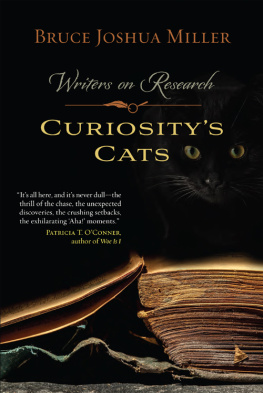
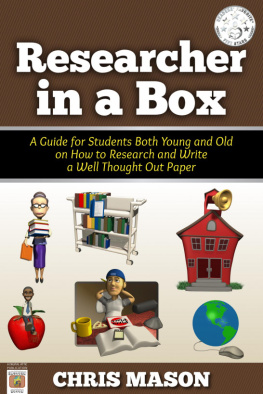
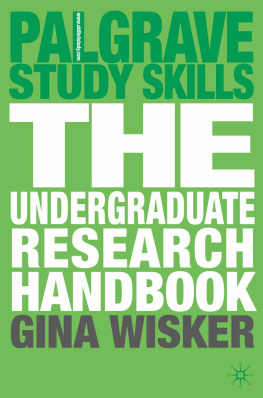
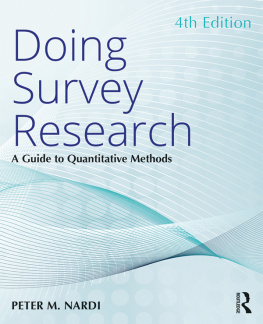

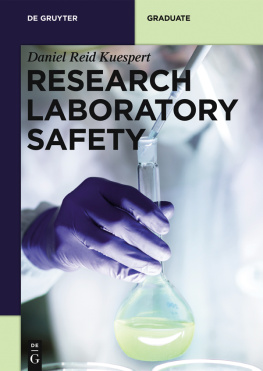
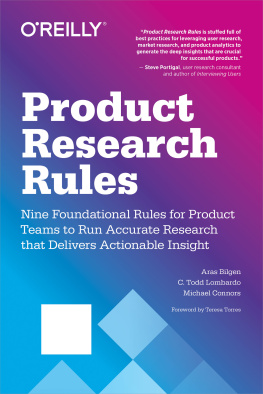
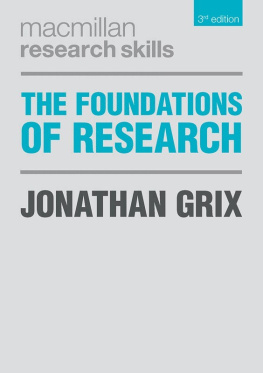
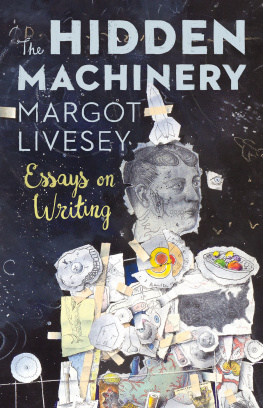
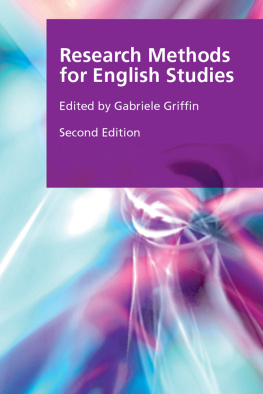
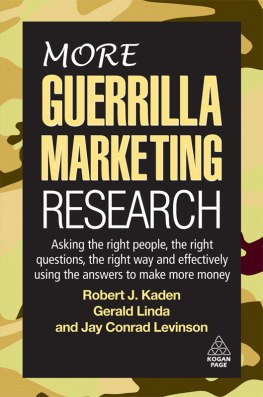



 The paper used in this publication meets the minimum requirements of the American National Standard for Information SciencesPermanence for Printed Library Materials, ANSI Z39.481984.
The paper used in this publication meets the minimum requirements of the American National Standard for Information SciencesPermanence for Printed Library Materials, ANSI Z39.481984.